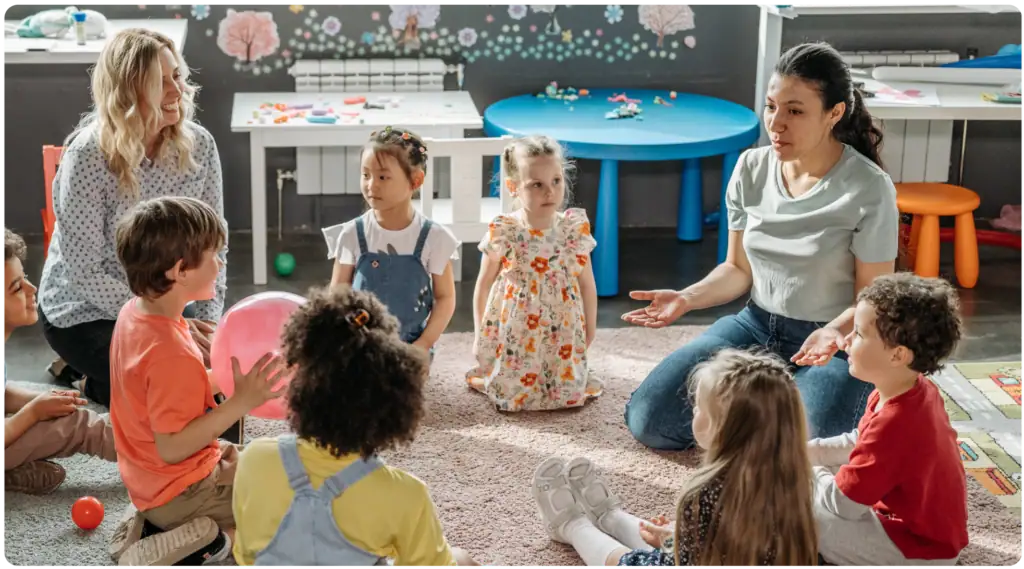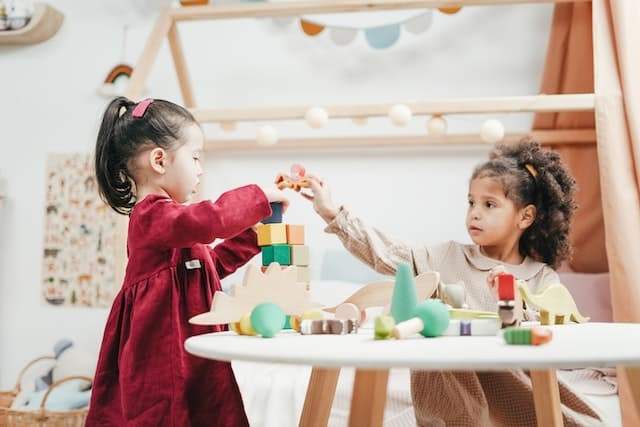What is Social Emotional Learning?
Social emotional learning (SEL) is the process through which individuals learn to understand and manage their emotions, set and achieve positive goals, feel and show empathy for others, establish and maintain positive relationships, and make responsible decisions. SEL is an important aspect of overall child development, as it helps children to develop the skills and abilities that are necessary for success in school, work, and life.
Music-based Social Emotional Learning
There are many ways in which SEL can be taught and reinforced, but one effective method is through the use of music. Music has been shown to have a number of benefits for children’s social emotional development. For example, studies have found that music can help to improve children’s emotional regulation, as it provides a structured and predictable framework that can help children to manage their emotions. Music can also help to promote empathy and social connectedness, as it allows children to share experiences and emotions with others through the use of shared melodies and rhythms.
Study: Music Improves Social Emotional Skills
One study published in the journal Music Education Research found that music education can have a positive impact on children’s social emotional development. The study examined the effects of a music education program on a group of kindergarten students, and found that the students who participated in the program showed significant improvements in their social emotional skills, including their ability to express emotions, manage their emotions, and show empathy for others.
Study: Music Education Improves Standardized Test Scores
Another study published in the journal Arts Education Policy Review found that music education can also have a positive impact on students’ overall academic performance. The study examined the relationship between music education and academic achievement in a sample of high school students, and found that students who received music education scored significantly higher on standardized tests of reading and math than students who did not receive music education.
Music is the Universal Language!
Overall, these studies demonstrate the importance of social emotional learning and the role that music can play in promoting children’s social emotional development. By providing children with opportunities to learn and practice social emotional skills through music education, educators can help to prepare them for success in school, work, and life.





